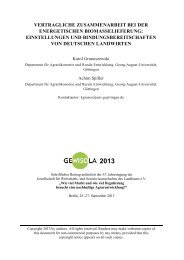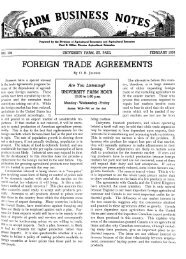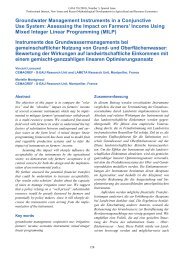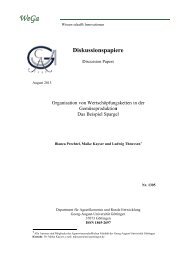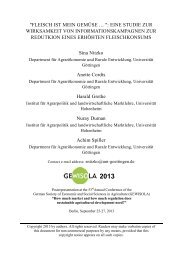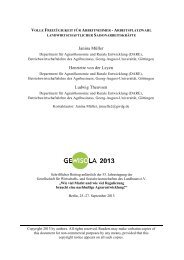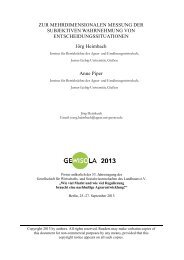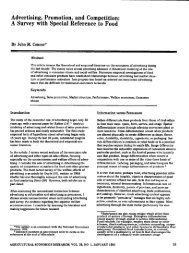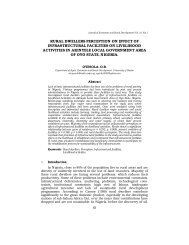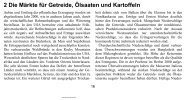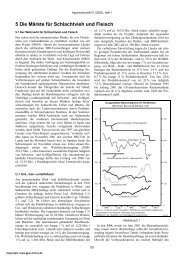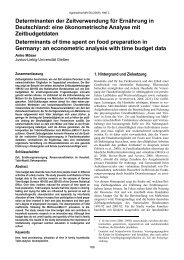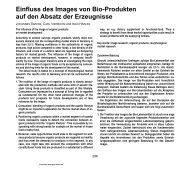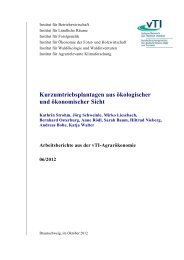District Institutes of Education and Training - Teacher Education
District Institutes of Education and Training - Teacher Education
District Institutes of Education and Training - Teacher Education
You also want an ePaper? Increase the reach of your titles
YUMPU automatically turns print PDFs into web optimized ePapers that Google loves.
<strong>District</strong> <strong>Institutes</strong> <strong>of</strong> <strong>Education</strong> <strong>and</strong> <strong>Training</strong>: A Comparative Study in Three Indian States<br />
not only to their own pr<strong>of</strong>essional development in leadership roles, but also to the<br />
emergence <strong>of</strong> Cluster Resource Centres as fora for teacher development based on<br />
a model <strong>of</strong> peer learning, <strong>and</strong> reflection-in-action. As Box 6.1 illustrated, however,<br />
Cluster staff have received a series <strong>of</strong> individual, content orientated training<br />
programmes – a further illustration <strong>of</strong> the need to consider alternative modes <strong>of</strong><br />
pr<strong>of</strong>essional development for teacher educators as well as teachers themselves.<br />
An alternative model<br />
In a context <strong>of</strong> decentralisation, bringing with it dem<strong>and</strong>s <strong>of</strong> knowing <strong>and</strong><br />
responding to local contexts, the centralised <strong>and</strong> ‘expert’-designed, input led<br />
approach to teacher development struggles with relevance. The research project<br />
identified low levels <strong>of</strong> pr<strong>of</strong>essional agency <strong>and</strong> responsibility as hurdles to teacher<br />
<strong>and</strong> teacher educator development that are perpetuated by the dominant training<br />
model. Seeking a more relevant way forward, the project initiated activities within<br />
the ‘teacher as researcher’ approach to pr<strong>of</strong>essional development, through<br />
collaborative action research with teachers <strong>and</strong> their educators. This approach sees<br />
teachers <strong>and</strong> their educators not as ‘technicians’ implementing the ideas <strong>of</strong> others,<br />
but as practitioners who, through reflection on practice, can improve that practice<br />
to a significant extent without recourse to external expertise.<br />
This approach to pr<strong>of</strong>essional development encouraged practitioners to engage<br />
with their practices <strong>and</strong> to develop responsibility for their outcomes, rather than<br />
deflecting such responsibility towards management, communities or children, as is<br />
commonly the case. Development <strong>of</strong> technical skills was part <strong>of</strong> this process, but<br />
it was dem<strong>and</strong> led, as practitioners identified for themselves, or with the process<br />
supporters’ help, the skills they needed, <strong>and</strong> also the help they needed with<br />
learning to reflect. The project illustrated that teachers <strong>and</strong> teacher educators can<br />
begin to become critical <strong>and</strong> reflexive practitioners if the opportunity is made<br />
available, <strong>and</strong> this leads to increased motivation <strong>and</strong> more enabling attitudes.<br />
This process needs both mentoring <strong>and</strong> support to provide a ‘scaffolding’ for<br />
practitioners. In this case, such scaffolding was provided by the project team, <strong>and</strong><br />
what is entailed in such scaffolding for the process helpers is detailed in chapter 7.<br />
This approach to practitioner development is challenging, for reasons we have set<br />
out in this report, but <strong>of</strong>fers promise. It is particularly relevant to try <strong>and</strong> find ways<br />
<strong>of</strong> working through this approach with Cluster Resource Centre staff, Master<br />
Trainers <strong>and</strong> Resource Persons, since the Resource Centre concept rests on the idea<br />
<strong>of</strong> peer approaches to development through joint discussion <strong>and</strong> reflection.<br />
Exploration <strong>of</strong> partnerships between government, non-government organisations<br />
<strong>and</strong> universities may identify further possibilities for the application <strong>of</strong> this<br />
approach to practitioner development.<br />
DFID 207



